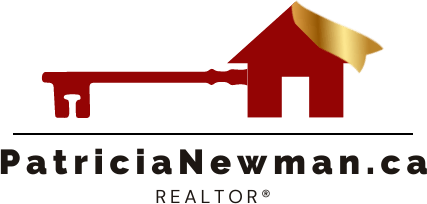Here is a list of the main expenses typically incurred by a Seller for the sale of a residential property.
- LEGAL FEES: Lawyers’ fees vary. It is a topic for each Seller to have at the time they hire a lawyer to close the deal.
- MORTGAGE DISCHARGE FEE: If you have a mortgage, you will need your mortgage company to accept an early discharge of the mortgage unless you have a “transferable” mortgage. Depending upon the size of mortgage, this can amount to thousands of dollars. If you are buying another home, the mortgage company may be prepared to waive the fee as long as you take a mortgage on your new property with the same company. This is a topic that you should discuss with your mortgage company/mortgage Broker before you sell.
- DISBURSEMENTS: As part of the closing process, your lawyer will incur some out-of-pocket expenses that you will have to pay. You should get an estimate of these expenses when you hire a lawyer.
- ADJUSTMENTS: The annual real estate taxes will be apportioned to the Seller and Buyer as of Date of Closing. If you have not yet paid the property taxes, you will be billed for your pro rata share. If you have pre-paid the taxes, the Buyer will reimburse you for the amount you paid for the time after closing. If your home has oil or propane heating, you will be reimbursed for the value of the heat in the storage tank. All oil/propane tanks will be FILLED upon closings.
- MOVING COSTS: Moving costs vary depending upon the distance moved and the weight and volume of possessions. It is wise to get an estimate from more than one mover. As well, book your mover well in advance of closing.
- INSURANCE POLICIES: You should contact your property insurer to discuss your moving date and to arrange property insurance for your new home.
- COMMISSION: The full commission plus HST is due and payable on Date of Closing. Please note that commission is split 50/50 by the Co-Operating Brokerage.
NB – Please note that CAF Members will have most of their closing costs covered via BGRS.

